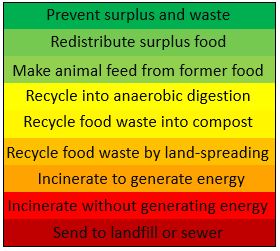Resource Efficiency

Energy, water and waste can often be big costs to manufacturing businesses and food waste has an understandably high profile with many groups which is set to increase as policy moves towards mandatory reporting. Single-use plastics have come under the spotlight since the BBC’s Blue Planet II brought the issue of ocean plastics to a wider audience and other issues are not far behind.
The circular economy is a new(-ish) term for an old idea, treating ‘waste’ as a resource, but the concept is as valid as it has ever been. Taken together with general resource efficiency, ‘circular’ thinking can save money and open up new opportunities. With many larger organisations adopting standards such as ISO14001 (environmental management) and ISO50001 (energy management) there can be additional benefits from aligning to your customers’ priorities. A good environmental record is also a proven means of attracting and retaining talent.
Regulation is also evolving, with mandatory food waste reporting likely to happen in England in the next few years. We have experience of working with businesses across a range of categories on measurement and reporting to an established international standard used across the nations of the UK.

Green Knight can help you work through your resource consumption, including formal life-cycle assessments, identify opportunities to make savings, contextualise these more broadly and communicate them to your key stakeholders.